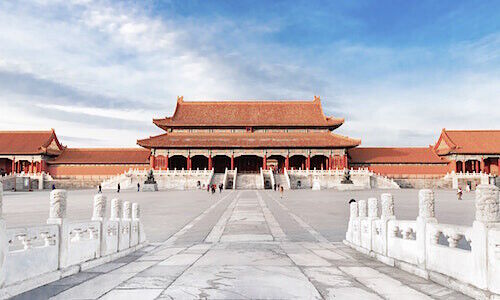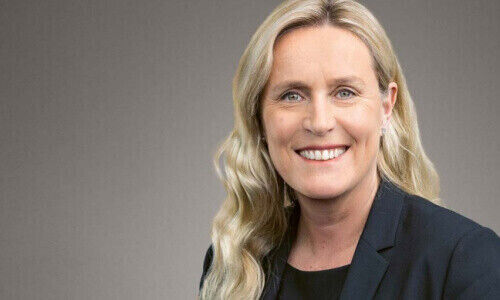Beijing Stock Exchange: What Gives?
Following the announcement of a third stock exchange in mainland China, details are rapidly surfacing including personnel, draft rules and more. finews.asia takes a look at the bourse's origins and its plans for the future.
Last week, President Xi Jinping announced the introduction of a new bourse in the mainland – the Beijing Stock Exchange (BSE) – as part of what the China Securities Regulatory Commission (CSRC) called «a strategic plan that will let capital markets better serve [the nation's] development».
BSE will become mainland China’s third exchange overall and the first in over 20 years since the establishment of the Shanghai Stock Exchange and Shenzhen Stock Exchange in 1990.
It is expected to target small and medium-sized enterprises (SME) – a segment in China that has traditionally struggled to access funding channels like bank loans – with a focus on innovation.
BSE Roots
BSE is an extension of the National Equities Exchange and Quotations (NEEQ) – also known as the 'New Third Board' – founded in 2013 as a means to provide over-the-counter low-cost financing channels for SMEs from venture capital funds, private equity and other professional investors.
BSE is also a wholly-owned unit of NEEQ which officially includes seven shareholders: China Securities Depositary and Clearing (20 percent); Shanghai Stock Exchange (20 percent); Shenzhen Stock Exchange (20 percent); China Financial Futures Exchange (16.67 percent); Shanghai Futures Exchange (16.67 percent); Zhengzhou Commodity Exchange (3.33 percent); and Dalian Commodity Exchange (3.33 percent).
NEEQ Track Record
The New Third Board at one point attracted more than 10,000 companies to list before the 2015 market turbulence resulted in weakened liquidity.
As of Friday last week, 7,299 SMEs were listed on the board with a total turnover of around 100 billion yuan ($15.5 billion) in the first eight months of 2021, according to state media «China Daily», including 7.9 billion yuan from August 30 to September 3.
Top-Tier Transferal
Under the current proposal, NEEQ will transfer its top-tier companies – NEEQ classifies listed firms into base, innovation and select tier – to BSE and the new bourse will also use the same rules that apply to this segment.
Companies listed in the innovation tier for over 12 months would be able to apply to list on BSE.
Based on this proposal, 66 companies with a combined value of 186 billion yuan will migrate from NEEQ to BSE.
Other Draft Rules
Other proposed rules include a minimum market capitalization of 200 million yuan and a minimum net profit of 25 million yuan in the year prior to listing. Companies that have yet to make a profit will need a minimum market cap of between 400 million yuan and 1.5 billion yuan.
Listed companies’ price movement will have no limit on the first day of trading before a 30 percent cap thereafter.
Draft regulations on listings, trading and membership have been published and are open for public comment until September 22.
Xu Ming
According to public business records, financial veteran Xu Ming has been named chairman of BSE. Xu is currently also the chairman of NEEQ, a role he was promoted to in January this year and will retain after the new appointment.
Xu spent over a decade with CSRC before moving to Shanghai Stock Exchange where he spent seven years, last as its deputy general manager in 2016.
He joined NEEQ in October 2018 as a general manager and, most notably, made reforms to boost the number of listings and trading volume at the board such as a lower investor threshold, the inclusion of international investors via the Qualified Foreign Institutional Investors (QFII) program and the introduction of the three-tier system.
BSE Roster
Other published records of personnel include current NEEQ deputy chairman and general manager Sui Qiang as deputy chairman of BSE’s board of directors and BSE’s manager.
The remaining members on the board include CSRC officials Li Jizun, Zhou Guihua, Wang Zongcheng, Jia Wenqin alongside NEEQ deputy general managers Chen Yongmin, Zhang Mei, Li Yongchun, Wang Li.
The board of supervisors includes NEEQ board of supervisors chairman Dang Xiaohui as well as Wang Yunlong and Yin Shu.























